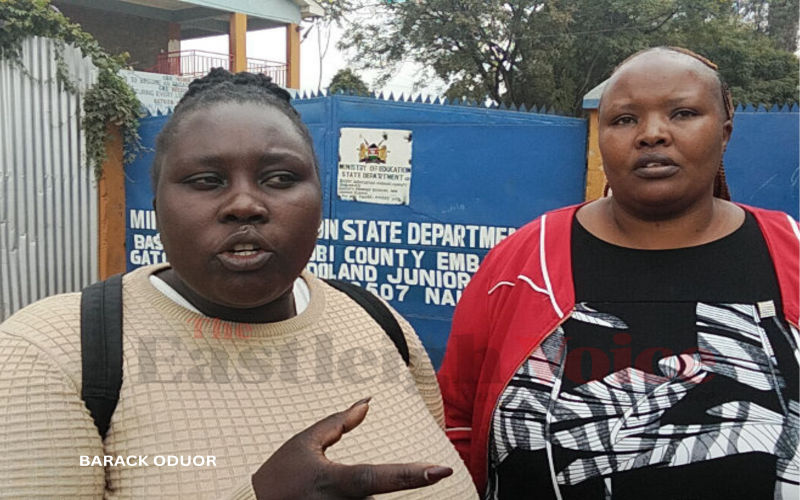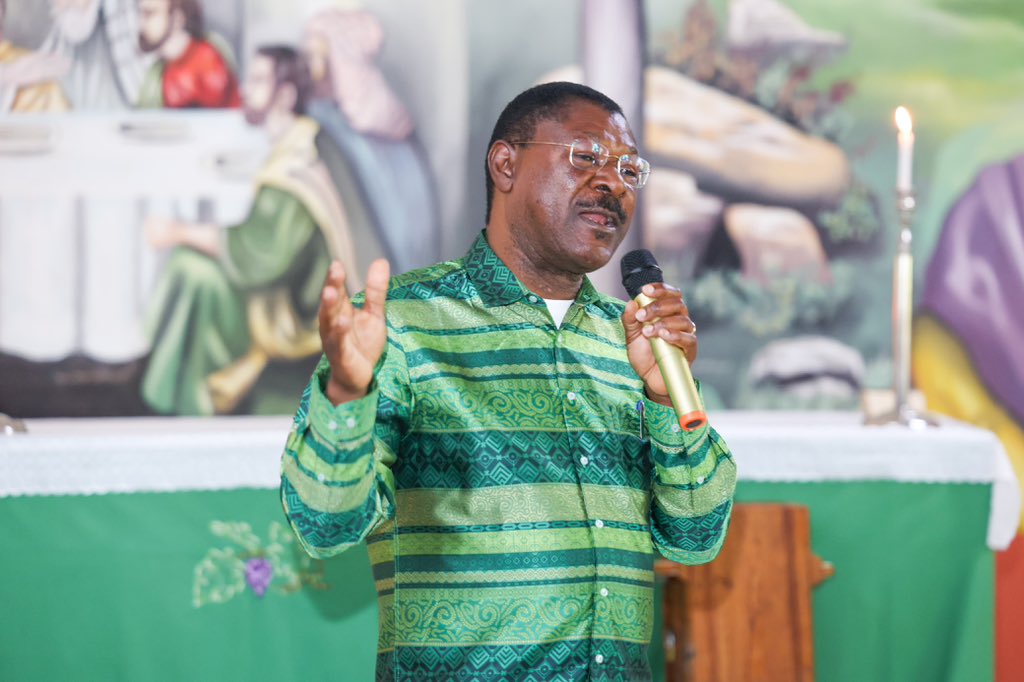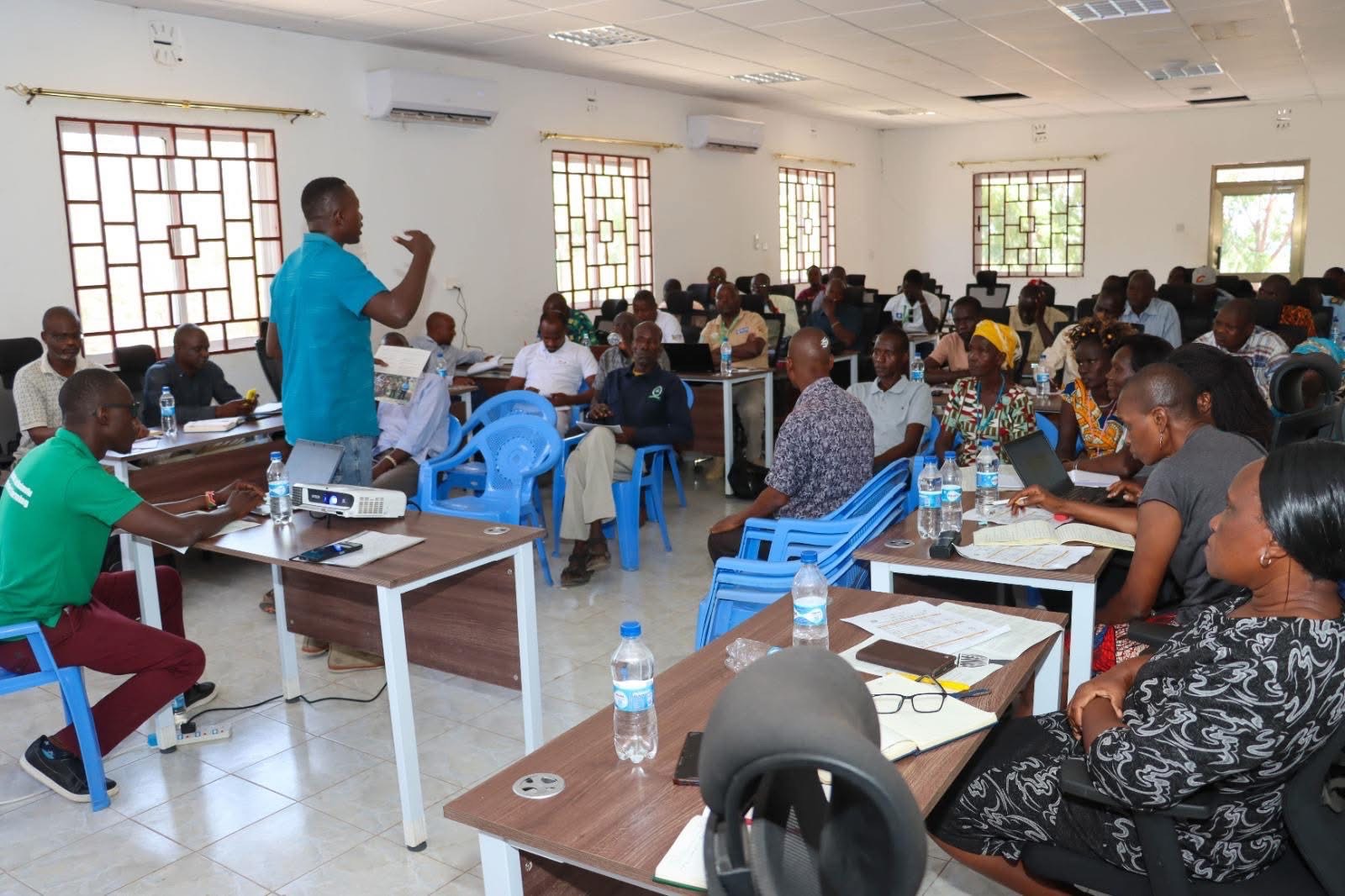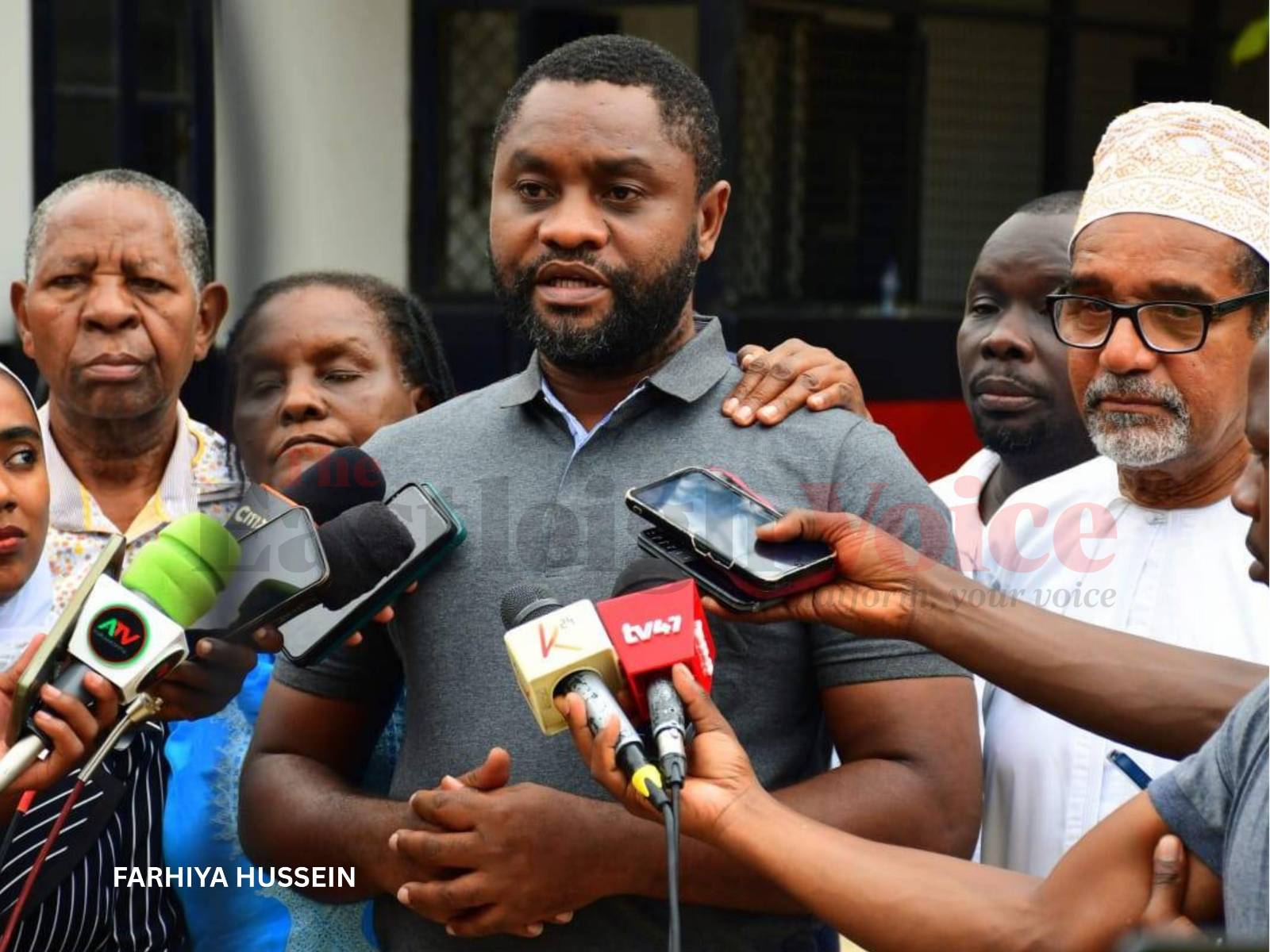Egypt won’t accept security changes on Gaza border, foreign minister says

Israeli troops entered the buffer zone in May as they pressed an offensive around Rafah in the south of the Gaza Strip.
Egypt will not allow Israeli troops to stay on its border with Gaza nor accept any other changes to the security arrangements that were in place before the war between Israel and Hamas, the Egyptian foreign minister said on Wednesday.
Security on the border, and whether Israel will maintain a troop presence along a 14-km buffer zone known as the Philadelphi Corridor, has become a focal point of months-long talks aimed at securing a ceasefire and the release of hostages held in the Palestinian enclave.
More To Read
- Gaza: ‘No one should ever be forced to risk their life to find food,’ says UN humanitarian agency
- Italy to evacuate sick Palestinian children for medical treatment
- Amid starvation in Gaza, Sudan, Guterres slams hunger ‘as a weapon of war’
- UN warns of ‘horror show’ as over 60,000 killed in Gaza as Israel-Hamas war intensifies
- France urges EU to pressure Israel on two-state solution after pledging to recognise Palestine
- UN Women says 1 million women, girls starving in Gaza
Israeli troops entered the buffer zone in May as they pressed an offensive around Rafah in the south of the Gaza Strip. That resulted in the closure of the Rafah crossing and a sharp reduction in both international humanitarian aid being delivered to Gaza and medical evacuations from the territory.
Egypt, which is a mediator in ceasefire talks, says Israel must withdraw and that a Palestinian presence needs to be restored at the Rafah crossing between Egypt's Sinai Peninsula and Gaza.
"Egypt reiterates its position, it rejects any military presence along the opposite side of the border crossing and the aforementioned (Philadelphi) corridor," Foreign Minister Badr Abdelatty told a press conference in Cairo with US Secretary of State Antony Blinken.
Abdelatty also expressed frustration at new demands and claims that had prevented an agreement.
"There is a lack of political will of a certain party, which is clear when we get to the moment of truth for reaching a deal," he said in an apparent reference to Israel.
Abdelatty added that Hamas, which he said Egypt dealt with as a "Palestinian national faction", remained fully committed to a ceasefire proposal announced by US President Joe Biden in late May, and amendments to that proposal made in early July.
Subsequent Israeli demands to keep troops in Gaza complicated attempts to reach a deal.
Like Blinken, Abdelatty also said that any escalation, including the explosions that killed and wounded Hezbollah operatives in Lebanon on Tuesday, could create hurdles for the completion of a Gaza ceasefire deal. Hezbollah has accused Israel of being behind the blasts.
"Certainly what happened not only hinders the ongoing negotiations but also carries the threat of entry into a comprehensive war."
Top Stories Today
- Man shot as police disperse opposition supporters at Gilgil rally
- Tanzania beats Burkina Faso 2-0 in CHAN 2024 opener at Benjamin Mkapa stadium
- Wetang’ula rejects claims of bias, says Constitution allows political affiliation
- Liver cancer deaths set to double by 2050 as alcohol drives Kenya’s crisis
- Catherine Kenga gazetted as Kilifi County Assembly speaker
- Biometrics to replace passport stamps at EU border from October















































